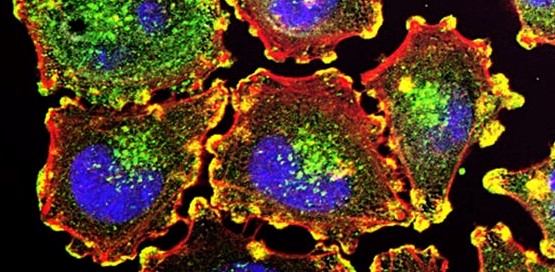- WHAT: Gene Regulation
- WHEN: July 1st, 10am-12pm & 1-3:30pm
- WHERE: Online; instructions upon registration
- WHO: Ansuman Chattopahyay & Sri Chaparala
- HOW: Register here
This 4½ hour workshop provides an overview of resources and search strategies on transcriptional regulation. Emphasis will be given to HSLS-licensed TRANSFAC/Match and Correlation Engine software, as well as open-access tools such as the UCSC genome browser and Cistrome data browser.
Participants will learn how to
- retrieve information linked with a transcription factor
- retrieve the promoter sequence for a gene of interest
- extract transcription regulatory elements–promoters, enhancers, and silencers associated with a gene of interest
- identify the transcription factor binding site(s) present in a DNA sequence
- identify transcription factor binding sites present in a ChIP-Seq dataset (motif discovery)
- identify upstream regulatory transcription factors for a differentially expressed gene data set
- start with a gene expression data set and find correlated studies with gene perturbation experiments (knock-out, knock-down, etc.) available in the GEO database
- start with a ChIP-Seq data set and find factors that have a significant binding overlap with the ChIP-Seq peak set
Hands-On Follow Up:
Every Wednesday after a workshop, a follow up session (1 pm – 3 pm) will review the hands-on exercise questions distributed during the workshop. We will not be addressing questions on data analysis for personal research projects—researchers are encouraged to request a one-on-one consultation with MBIS for this type of discussion. Registration is not required for the hands-on follow up session. To attend, use the same Zoom link you receive upon registration for this workshop.
Target Audience:
Experimental biologists studying epigenetic regulation on gene expression and interested in analyzing promoter and enhancer sequences. The software covered in the workshop operates through a user-friendly, point-and-click graphical user interface, so neither programming experience nor familiarity with command line interface is required.
Workshop Requirements:
Workshop Guide:
Attribution:
Please include the following statement in the acknowledgments section for all publications, posters, and presentations: Data analysis was performed using {name of software} software licensed through the Molecular Biology Information Service of the Health Sciences Library System, University of Pittsburgh.
HSLS Summer 2020 MolBio Info Service Training Workshops schedule
Contact the HSLS Molecular Biology Information Service with any questions.
(Photo by National Cancer Institute on Unsplash)

